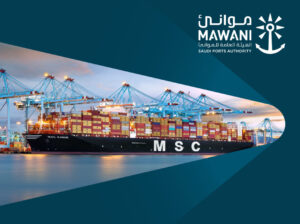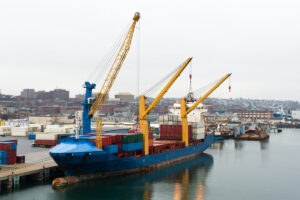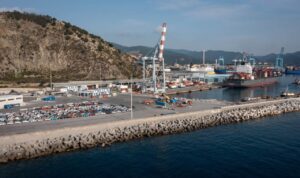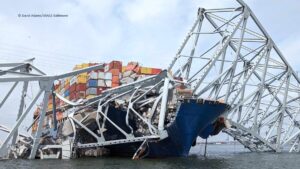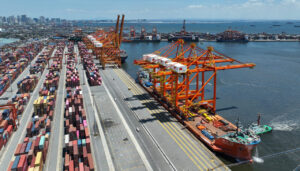The Roberts Bank Terminal 2 (RBT2) project, proposed by the Vancouver Fraser Port Authority (VFPA), has raised questions over its environmental impact.
In a letter to the VFPA, Minister Steven Guilbeault deemed the project to have sufficient information to support government decision-making.
This determination comes after the VFPA provided additional information in response to a government request regarding potential effects of the project on fish and fish habitat, salinity, and Indigenous people.
Despite the Ministry’s approval, Global Container Terminals (GCT), a Canadian port operator, has contested the environment friendliness of the project.
A spokesperson for GCT has argued that Environment Climate Change Canada scientists still refute the findings in the newly submitted documents by the VFPA.
In addition, the Canadian port operator has criticised the documents for lacking peer review, and argued that and independent review panel tasked with evaluating the project found that it “would result in numerous significant adverse residual and cumulative effects, including on Dungeness crab, ocean-type juvenile Chinook salmon, and on the Southern Resident Killer Whale”.
This has led to questions about the VFPA’s ability to deliver the project in an environmentally responsible manner.
Contesting GCT’s argument, the VFPA has argued that Roberts Bank Terminal 2 is an essential part of Canada’s solution to its supply chain challenges.
The VFPA claims that without additional capacity, Canada will face supply chain problems, and the project will help to prevent this from happening.
Speaking with PTI, the VFPA said: “The solution to Canada’s long- and short-term supply chain challenges are linked: we need to build capacity, efficiency and resiliency–and Roberts Bank Terminal 2 is an essential part of this solution.
“Creating container terminal capacity will support Canada’s future trade growth, while strengthening our national supply chains by improving the ability to handle surges or recover from disruptions.
“From day one, we designed Roberts Bank Terminal 2 with the environment in mind, leveraging our considerable experience building top-tier sustainable trade infrastructure,” the VFPA told PTI.
“The project has reached the final stage of a federal environmental assessment process, which began in 2013 and included a review by an independent review panel. As part of this process, we outlined detailed plans on how we will mitigate environmental effects–which integrated Indigenous interests and knowledge, technical expertise and government agency input.”
The VFPA added that it has taken into consideration input from Indigenous communities, technical expertise, and government agencies to ensure that the project is reflective of Indigenous priorities and that environmental effects are mitigated.
GCT has presented its own proposal for the construction of a new container terminal at the Port of Vancouver which contests the RBT2.
The Canadian operator claims that its Deltaport Fourth Berth Expansion Project (DP4) project will result in a more eco-friendly plan and will have a smaller impact on the environment, including the biofilm, crabbing grounds, and fish habitats. The DP4 project is estimated to cost CAD$1.2 billion ($892.5 million) and is privately funded, making it a cost-effective alternative to VFPA’s RBT2 project.
The DP4 project is expected to increase the container capacity of the Port of Vancouver by 2 million TEU and is slated for completion in the mid-2030s.


